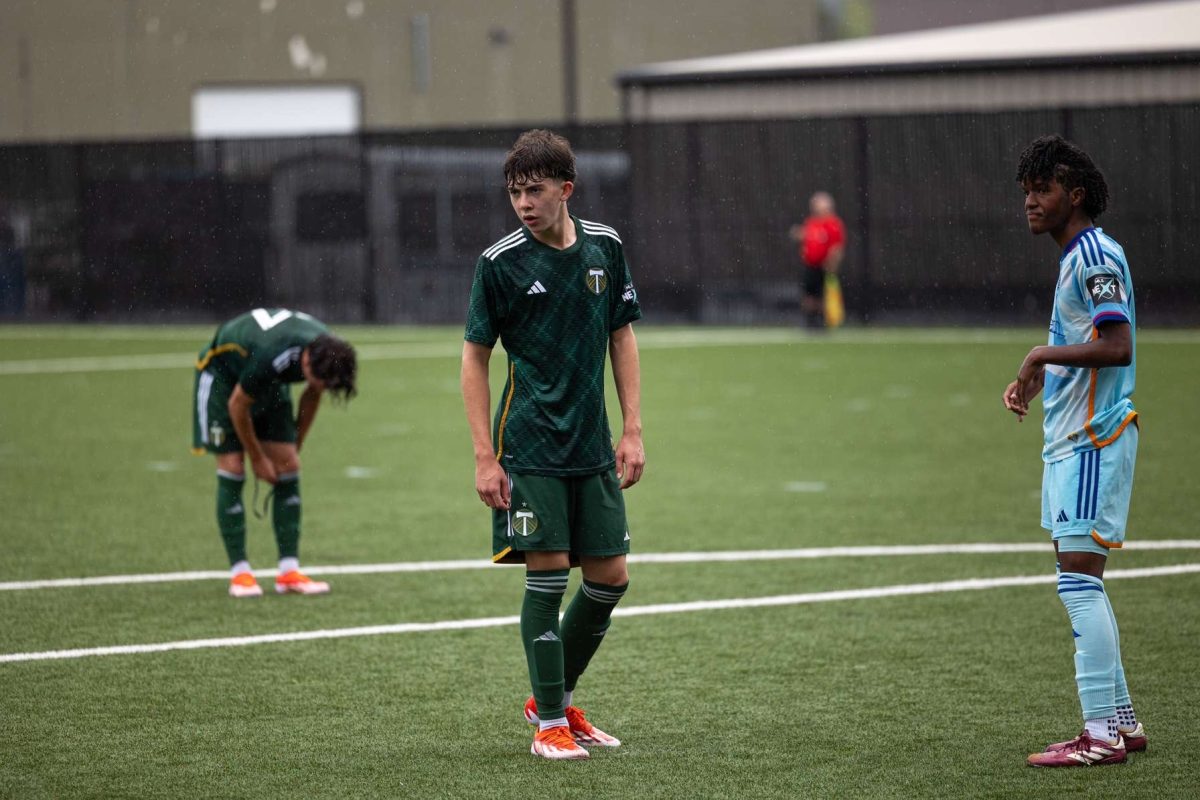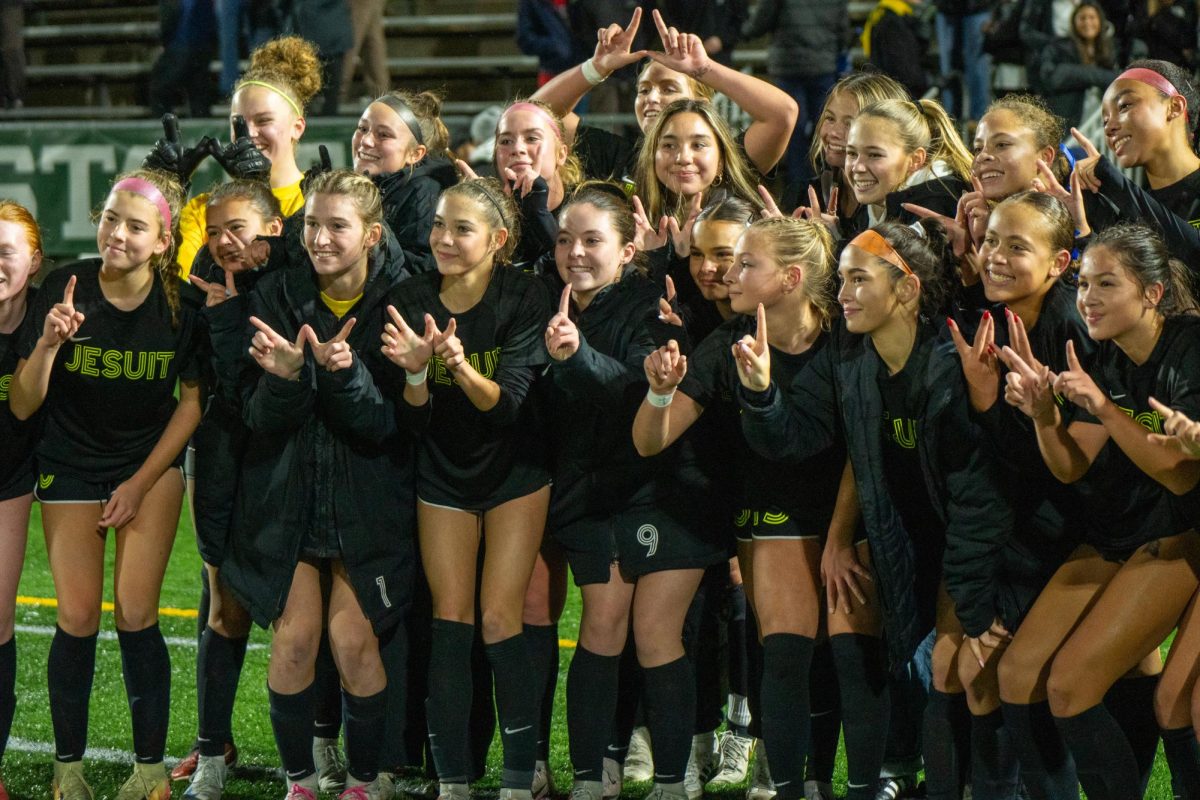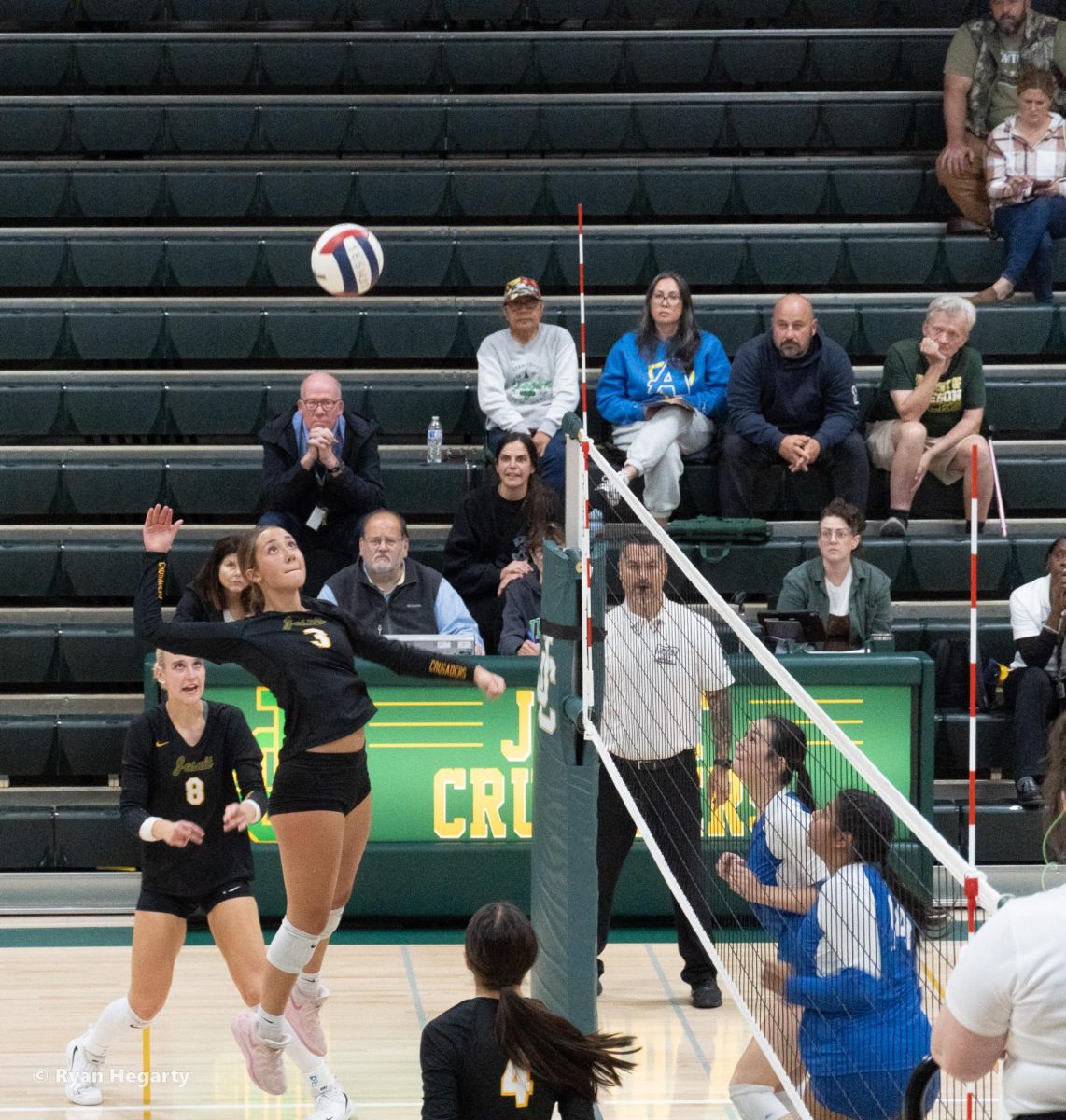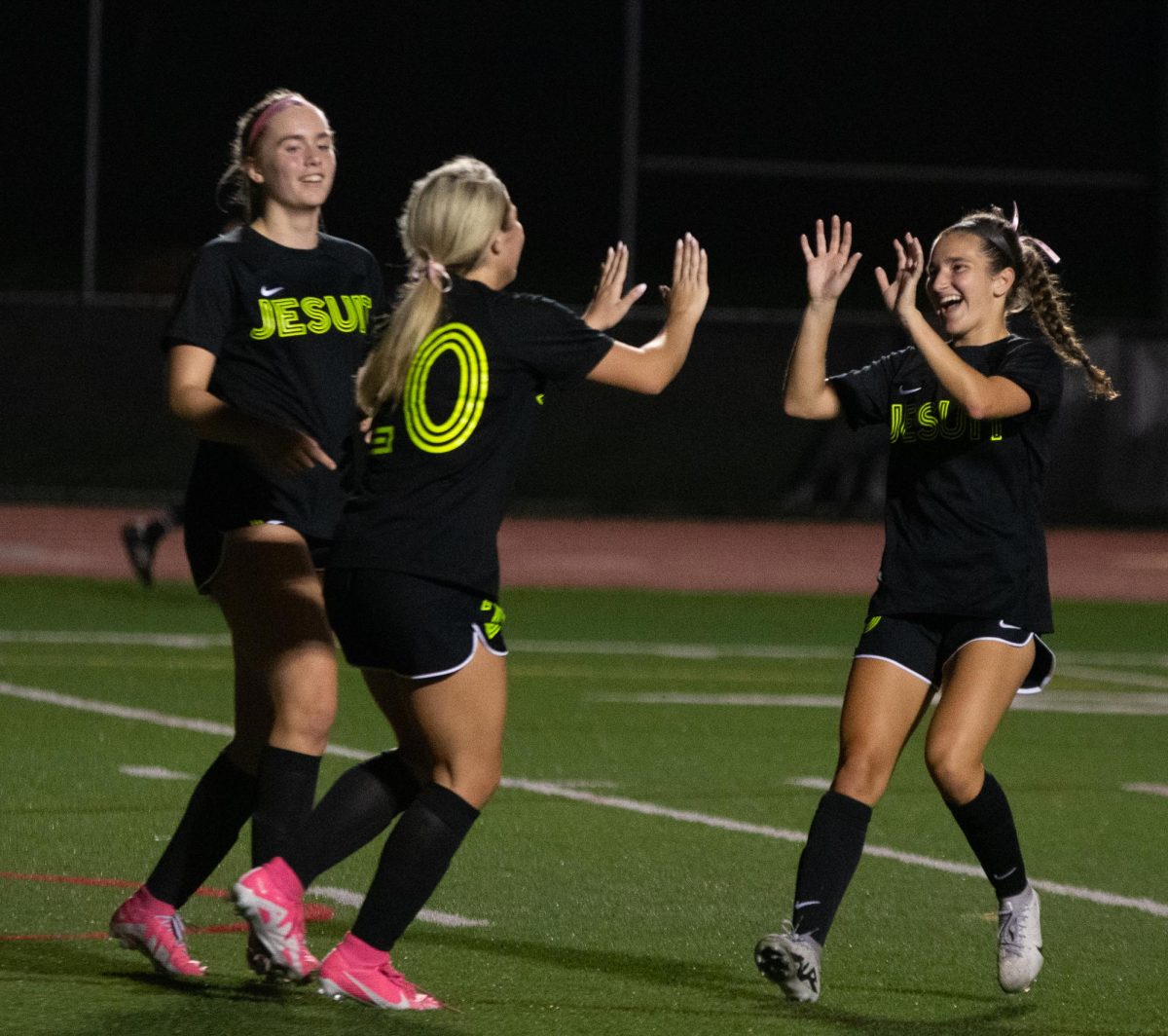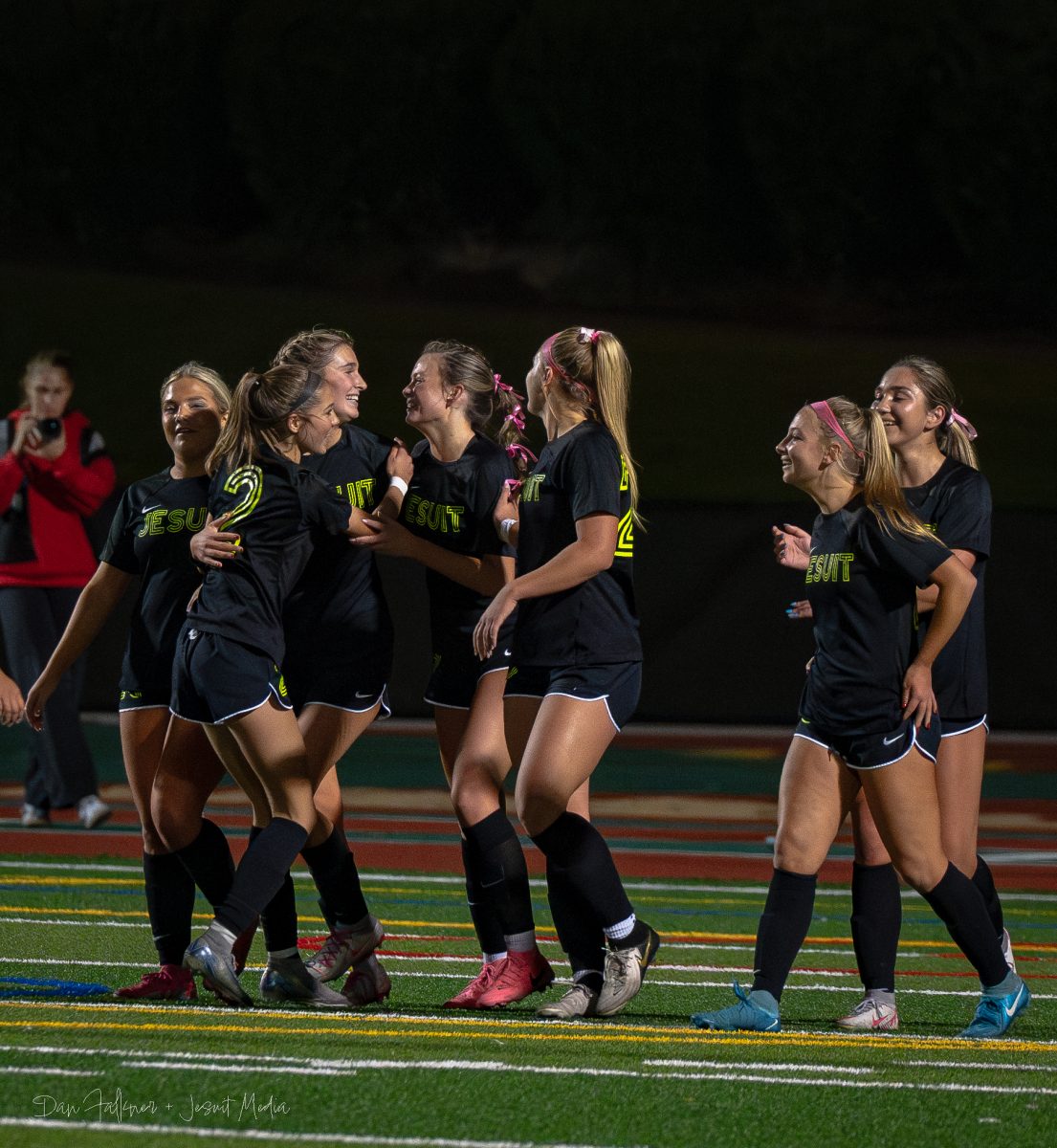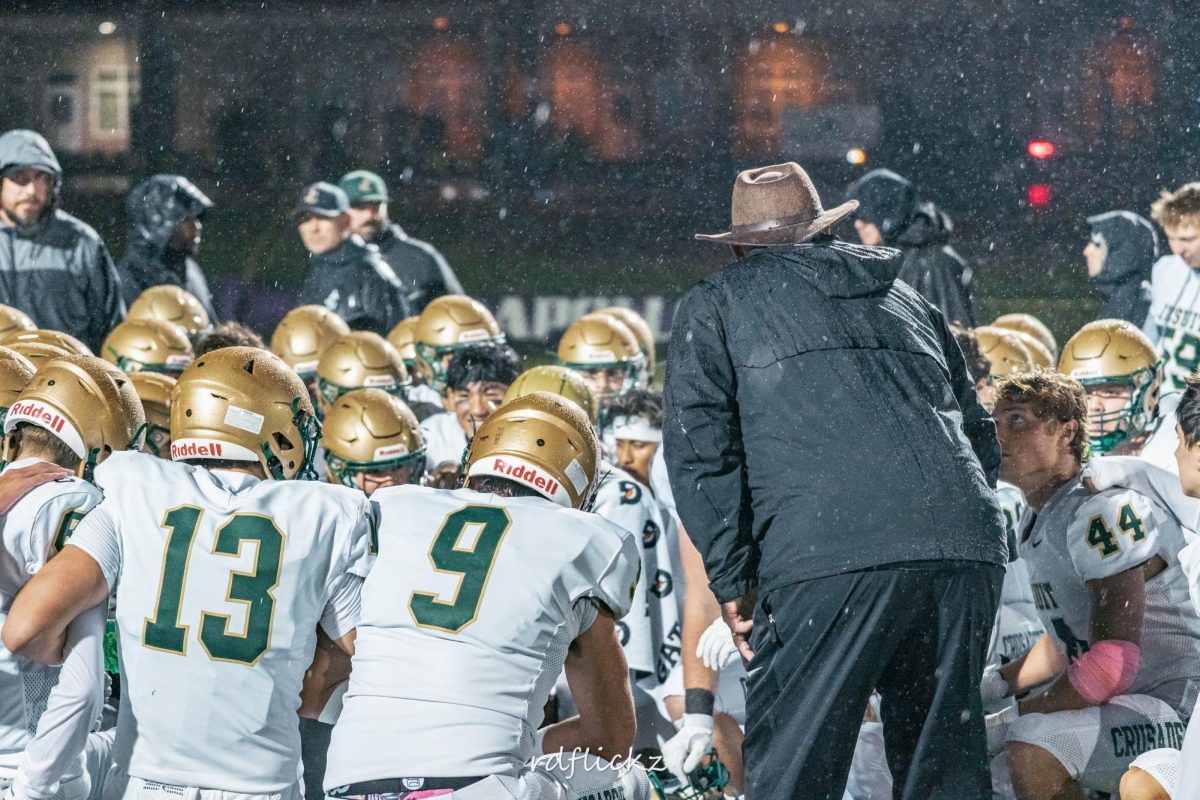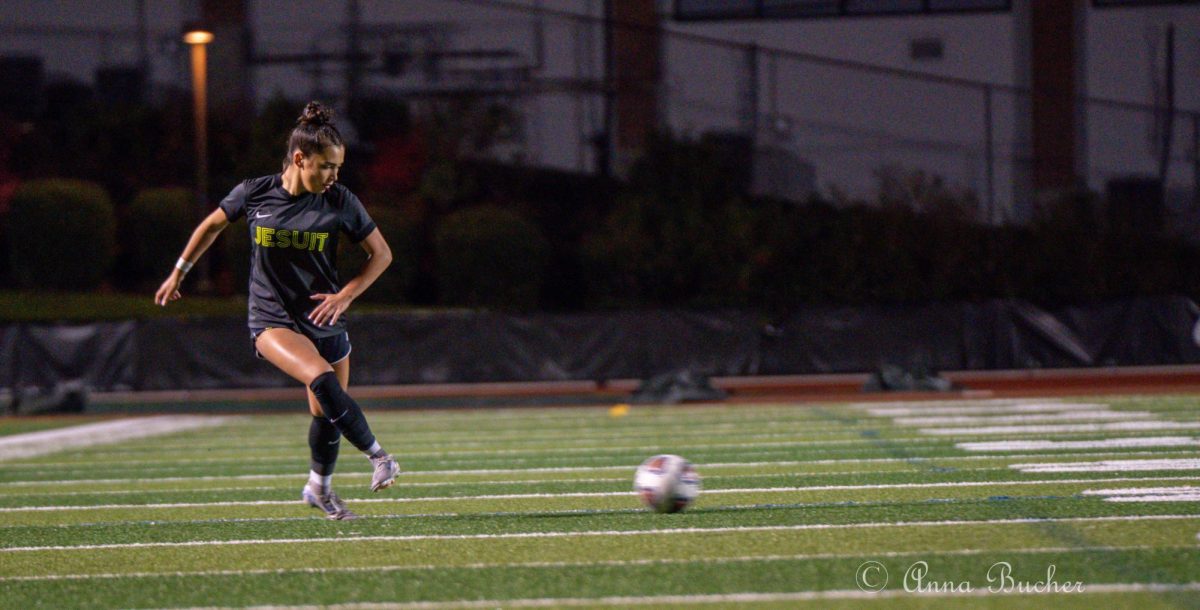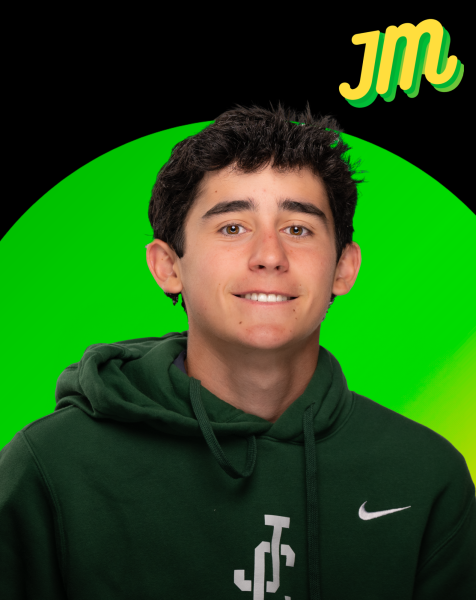Andrew Bromert has faced a decision throughout his high school career that many of the nation’s top high school soccer players are faced with: play high school or professional development academy soccer?
The US Development Academy System is a partnership between professional US soccer and the top youth clubs across the country to produce the next generation of talent from the United States. Unfortunately, unlike other club sports, soccer academy players aren’t able to play high school soccer when on the academy team, forcing them to choose.
Bromert, a senior at Jesuit High School, has had to grapple with that decision throughout high school.
Coming into Jesuit with a Timbers Academy contract, Andrew didn’t play for Jesuit his freshman year. After a successful campaign with the 15U squad, Bromert decided to play for Jesuit his sophomore year. He would help the #1 ranked Crusaders win the state championship, defeating Westview by four in the final.
He returned to the Timbers Academy his junior year, and entered this year, his senior season, with a decision to make.
Some of what makes academy appealing is the potential of a professional route and getting recruited by colleges. Some of the top players on the academy level have gone on to sign pro contracts. Within Timbers Academy, high school players like Max Eisenberg and Noah Santos have signed with Timbers 2, the reserve squad for the Portland Timbers.
“I would say the biggest difference is the chances you get at professional and college soccer, and how recruitment works. A main reason why I played for Timbers [Academy] my junior year was because of the college recruitment opportunities,” Bromert said.
“Through high school, you have to be pretty stand out to get a chance at college soccer, whereas in academy we get opportunities at showcases and games where college coaches are at.”
Back in 2022–when Bromert was playing for Academy–the 15U Timbers Academy team went to Dallas for the Generational Adidas Cup, where they won, an incredible accomplishment beating Valencia FC from Spain in the final. This year, they’ll travel to the MLS Next Cup, one of the bigger stages of academy soccer.
“GA was a good example of extremely high competition. Pretty much everyone that plays at something like an MLS Next Cup will go to college or professionally. When I was 15, coaches were watching, but they couldn’t talk to you, so it’s not as important as your sophomore or junior year.”
MLS clubs are also incentivized to sign players that have been developed through their own academy system, called the Homegrown Rule. Back in 2016, the Timbers signed the first ever academy developed homegrown player in Marco Farfan. In Europe, many clubs have developed youth players to give them a chance at reaching the professional squad as well.
For Andrew, missing school as well as the social aspect of being in the classroom is an important piece of the decision.
“Figuring out school on the road can be tough. If I was playing academy full time, I would have to take online school, and I realized that just wouldn’t work that well for me. I think the high school environment, not even the soccer, just going to school and getting to talk to people is something I enjoy. I would love to play with my friends and try and win at Jesuit,” Bromert said.
The enjoyment of playing with friends and being loyal to the Jesuit program went into Andrew’s decision to play during his sophomore year. Despite the success the team had in 2022, Bromert has decided to play for Timbers Academy during his senior year.
Senior Chase Adams, a defender on the Jesuit team, understands the difficulty in Bromert’s decision.
“Obviously having Bromert would’ve helped, but we’ve always understood his decision. Timbers Academy is great and is really helping shape his future. However, I wish Timbers allowed their players to also play high school. High school is a great environment, and our team is a great team. We all feel like we have a great shot at a state title this year.”
Coach Geoff Skipper, head coach of the Jesuit’s boys soccer team, supports players’ decisions.
“I want players to do what’s best for them. And I support any choice they make. So players leaving and coming back, I don’t punish that. I don’t punish them for that. I just support them in their decisions.”
Skipper said players’ decisions to leave for the Timbers Academy typically happens outside of the high school season, so the academy doesn’t impact season roster changes or decision making.
“Once it gets to tryouts, we work with whoever shows up,” Skipper said. “And that’s not a criticism of the kids that go to academy at all. It can just bring uncertainty to the roster, which we can handle.”
While he can’t play for the team, Bromert has stayed connected by helping out where he can with the team during games from the sidelines, supporting his past teammates and friends as many of the seniors make their last run at a state championship. Recently, Bromert’s dedication to the sport has paid off, as he committed to the University of Portland to play Division 1 college soccer next year.



